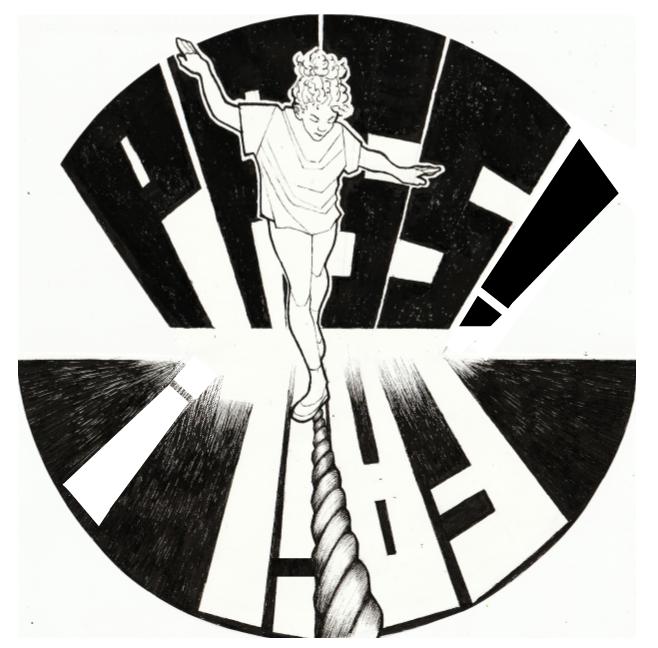The Coronavirus and the Grading System
May 29, 2020
While adults try to grasp how COVID-19 will affect their lives, students in school have seen their educational system flipped upside-down in the last month. Grades, in most educational institutions, provide a backbone that keeps the students institution in line, but due to COVID-19, the value of a letter grade has lost its meaning. Letter grades in theory, motivate students to perform well and work hard, resulting in good grades, which land them in better secondary schools and subsequently better jobs.
Because all Massachusetts schools have closed for the rest of the year, many students in the Cambridge Public School District (CPSD) have been forced to adapt to taking their classes in an entirely new way: online. CRLS has put in place a grading policy for the final two quarters of the year which practically eliminates the standard of the A-F system. Due to the unfamiliar and less-engaging form of attendance required, CPSD feels that students should not be evaluated in the same way they were in school.
To account for the rapid switch from in-school to online classes, the district decided that for the third quarter of the year, A-F grades were to remain as they were. However, no grades were to be put in past March 13, the last date of in-school attendance. Any assignments given and due in the last half of quarter three,from March 13 to April 9, were not graded. Now, during the fourth quarter of the year, CRLS students are being graded on a credit or no-credit basis.
With this adjustment to the grading system, many students and teachers were left wondering how this credit, no-credit system would be used to assess student learning. In an email shared with the CRLS community, Principal Smith shared a fourth quarter distance learning grading rubric that outlined the categories on which students will be assessed for the remainder of the school year: studentship, completion, and content knowledge. The rubric also clarified that in order to receive credit, a student must achieve a minimum of 60% on quarter four assignments.
For the most part, CRLS students have had a fairly positive reaction to this new and unfamiliar grading system, especially in regards to the obstacles that many are facing at home. When asked about her opinion on this new grading rubric, senior Lamisha Khan responded, “I think changing the grading system is a smart decision to make in these times, as many students don’t have access to the same resources or are simply not in the right headspace for their highest quality of work.” Senior Abby Cohen also agreed with the switch to the credit, no-credit policy, but pointed out a potential drawback to this system: “The only issue I see is that students, especially juniors preparing to apply for college, might have been hoping to increase their GPA this quarter.” Gonzalo Galvez ’21 added, “I think that everything except for the completion section is fair. It doesn’t make sense that an assignment that was turned in an hour late gets the same completion grade than an assignment that was turned in three days late.”
Within the boundary of the credit system, individual teachers still have the ability to choose their own evaluative methods to determine the quality of work when grading assignments based on completion and content knowledge. Rachel Williams-Giordano, a US History teacher at CRLS, shared with the Register Forum in an email that her plan is to use a “standards-based rubric.” Using this rubric, she explained, “Students are given a specific learning target that has four levels. If they do not meet the expectation, they can go back and see what they need to do to make growth.” This plan requires that all assignments be completed for credit to be given, but looks at consistent performance improvement to give the final quarter four credit grade.
With a new grading standard in place for the rest of the year, CRLS will have the chance to re-evaluate their current grading practices. Perhaps, as the quarantine credit system progresses, a positive trend will occur in students’ grades that makes the administration more inclined to try it outside of quarantine. Although it seems unlikely, times of chaos can also be times of metamorphosis.












